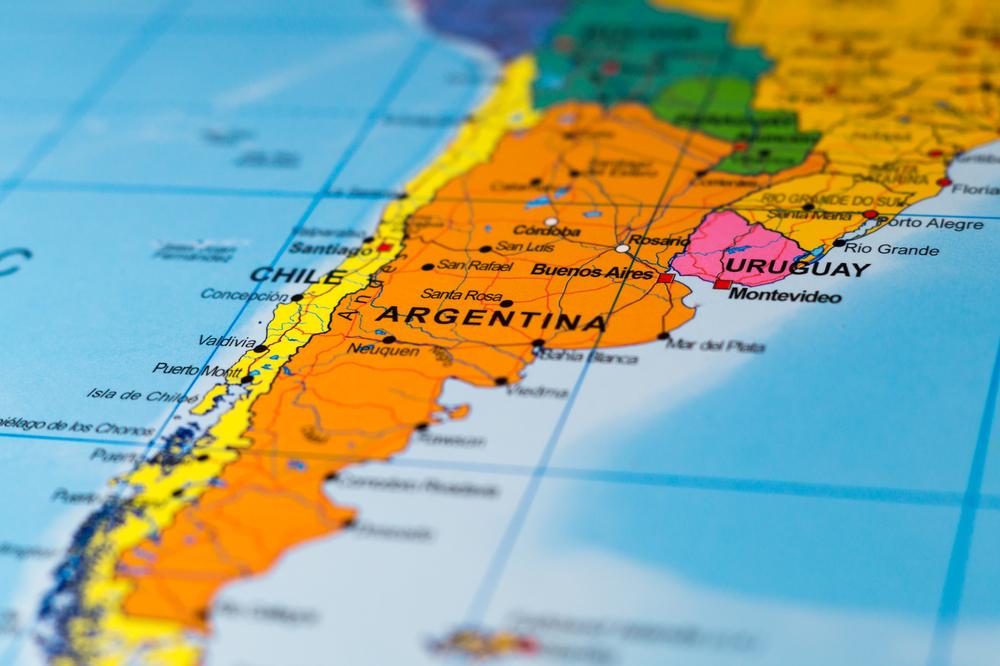Argentina has been facing difficulties in enacting successful economic policies following the introduction of austerity measures.
Inflation
Argentina’s inflation rate is one of the highest in the world.
Only this year, Argentina’s inflation rate has increased more than 50%.
The International Monetary Fund has predicted that Argentina’s GDP will decline by 1.2% by the end of 2019.
Austerity Measures
Consequently, Argentina took out a huge loan from the International Monetary Fund amid struggling with economic recession.
Moreover, Argentina enacted austerity measures in order to fulfill the conditions of the loan.
Austerity measures taken by the previous administration caused resentment among the public.
Presidential Election
Earlier this week, Argentina held a presidential election.
The result of the presidential election reflects Argentina’s economic struggle.
The public protested against the previous administration by electing a new centre-left leader.
As a result, Alberto Fernández declared victory in Argentina’s presidential election.
Mauricio Macri
Following the election, Argentina’s former President Mauricio Macri accepted defeat to his left wing rival.
Replacing Macri was a part of a general attempt to reject the authority measures introduced by Macri’s administration.
Former President Macri supported austerity measures in an attempt to end Argentina’s economic crisis.
Unlike what Macri has planned, Argentina continued to remain in economic recession for the past year.
Fernandez’ Promise
President Alberto Fernández announced that he will prioritise economic recovery during his presidential term.
Furthermore, economic instability in Argentina led to a decrease in investment opportunities in Argentina.
Investment Opportunities
Investors have been cautious of economic recession and austerity measures in Argentina.
An economically stable Argentina is likely to offer fruitful investment opportunities.
Argentina has rich natural resources, an export-oriented agricultural sector and a diversified industrial base.
Agriculture
Argentina is one of the world’s biggest agricultural producers.
For instance, agriculture accounts for approximately 9% of the country’s GDP.
Argentina is one of the biggest exporters of grapes, honey, soy beans, squash, sunflower seeds, wheat, wine and yerba mate.
If Argentina overcomes its economic recession, investment opportunities in agriculture are likely to increase.




